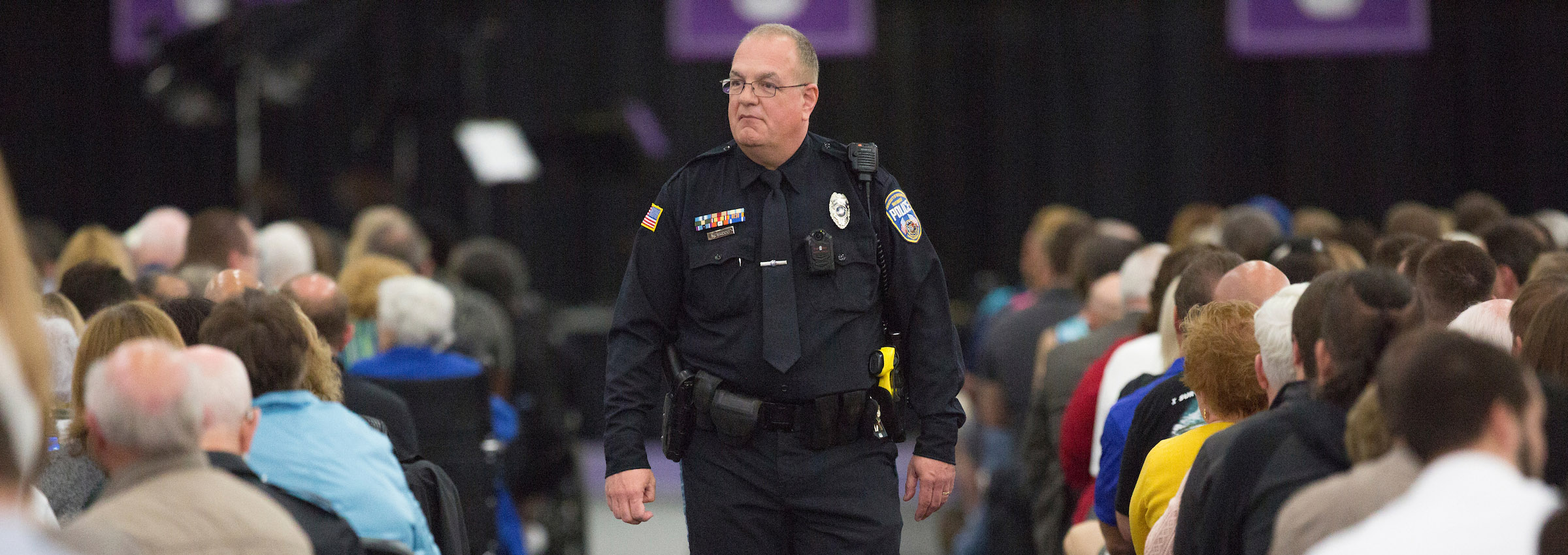CPR
UW-Whitewater currently has 51 Automated External Defibrillator’s (AED) units located throughout campus. The AED is an emergency response device that is used to provide care for victims of sudden cardiac arrest. The AED analyzes the hearts electrical system, and if necessary, will prompt the responder to deliver a shock to the victim. Each minute of delay in use of an AED on a victim of sudden cardiac arrest decreases the victim's chances of survival by approximately 10%.
American Heart Association AED training sessions are offered through the University Police, at no cost to any campus faculty or staff member, including student employees.
University Police can attest to CPR being an effective lifesaving skill. In January 2015 Two UWWPD officers utilized their skills and training to preform CPR and use the AED (Automatic External Defibrillator) on an individual. When Officers responded the individual had no pulse and was not breathing, and with the use of CPR and the AED the individual regained a pulse and was able to breath on their own.
Training
Initial and recertification sessions are 3 hours long. The American Heart Association recommends training every 2 years. If maintaining current CPR certification is an official job requirement, contained within an employee's official position description, employees must successfully complete training every two years.
This training is voluntary and is not a requirement of the University of Wisconsin-Whitewater. A trained volunteer is not required to respond to an emergency. The Good Samaritan provision of Wisconsin Statute 895.48(1) provides primary liability protection for volunteers.
Adult CPR/AED training teaches basic Adult CPR and the use of the AED. Other classes available in addition to Adult CPR/AED are child and infant CPR, First Aid, and Emergency Care Kit training.
Sign up for classes on our sign up calendaror email cpr@uww.edu for any questions.

